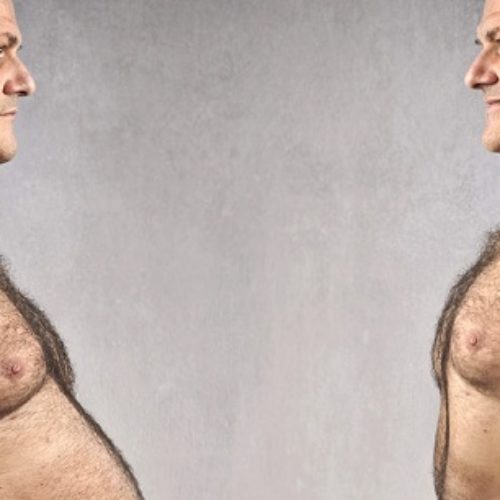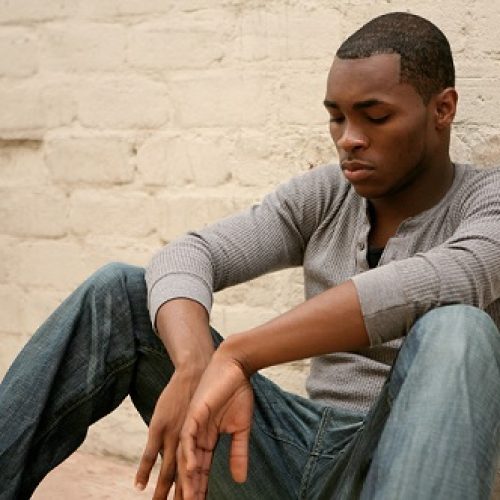Homosexuality Is Not Un-African But Homophobia Is
Previously published on africanexponent.com
Homosexuality is considered an anathema to African societies.
In Tanzania’s semi-autonomous Zanzibar, 12 women and 8 men were arrested over homosexuality. They were in a hotel where they were receiving training on HIV/AIDS education programmes. Reports say the regional police commander Hassan Ali Nasri confirmed the arrests to state television saying, “They are implicated in homosexuality. We arrested them and are busy interrogating them. The police cannot turn a blind eye to this practice.” The Deputy Health Minister Hamisi Kingwangalla had earlier vowed to fight against groups supporting homosexuality in Tanzania. The rhetoric does not even end there but goes up the hierarchy right up to John Magufuli who is on record saying, “Those who wish to teach such things do not like us, brothers. They brought us drugs and homosexual practices that even cows disapprove of.”
Sound familiar? It might be because Zimbabwe’s Robert Mugabe used a similarly worded comparison: Homosexuals are worse than dogs and pigs; dogs and pigs will never engage in homosexual madness; even insects won’t do it.
Uganda’s Yoweri Museveni has called homosexuals “disgusting” while former Gambian leader, Yahya Jammeh threatened to slit the throats of gay men. We could write several pages of leaders expressing vehement abhorrence of homosexuality but the point has been made: Homosexuality is considered an anathema to African societies.
The Fallacy of an un-African sexuality
In 2013, Amnesty International reported that 38 countries in Africa proscribed homosexuality. In Mauritania, Sudan, Northern Nigeria and Southern Somalia, individuals found guilty of ‘homosexuality’ face the death penalty. Homosexuals in Africa have been dehumanised and this has justified their extra-judicial killings as sub-humans have no rights.
This is a fact President Mugabe confirmed when he said gay rights were not human rights. By inference, therefore, homosexuals are regarded as sub-human at best. The argument constantly raised is that homosexuality is contrary to African values. It is regarded as a Western idea being super-imposed on Africa. It is taken to be another instance of the Western affectation of superior values and patronising politics.
That aid is seen to be tied to recognition of homosexual rights only fuels the fire. Homosexuality is therefore also branded a neo-imperialist “political tool” which should draw pan-Africanist ire. The connections in the argument are incoherent, weak and difficult to justify. First and foremost, Africa has been fighting the “monolithic myth” that seeks to bundle it up as a continent of a single identity.
This characterisation of Africa is problematic as it ignores the real cultures on the ground for a universal stereotype designed to fit all Africans. The question boils down to: what is “a sexuality contrary to African values” if the so-called African values are a fallacy? Have all these leaders who liberally refer to African values fully studied the almost 3,000 distinct ethnic groups and found heteronormativity to be a common denominator in at least half the groups?
Interestingly, the un-African sexuality argument’s suggestion that homosexuality is a Western import exposes the ignorance of those who throw it around. Research has been carried out to prove that homosexuality is no foreign idea to African societies and there is evidence to substantiate the fact. In Zimbabwe, there is a 2,000-year-old cave painting depicting homosexual intercourse while Amnesty reports that woman-woman marriages have been documented in more than 40 ethnic groups in Africa.
Boy-Wives and Female Husbands by Murray and Roscoe, as well as African Intimacies: Race, Homosexuality and Globalization by Hoad are part of the literature by well-known anthropologists proving homosexuality is not an import. What may have largely been imported are the arguments against homosexuality which are based on colonial impositions of values so assimilated into African societies that people now confuse them for indigenous values. It is difficult to then understand why homosexuality in its entirety is defined as foreign when insurmountable evidence to the contrary exists.
Christian and Islamic values being used to justify heteronormativity are in themselves foreign to most communities in Africa and were used by colonialists to assume control over everything African. Suppressive political control always finds its way to the ordinary people’s bedrooms. The social order of the day is built on sex and once non-conformism to the dominant idea is tolerated, the whole socio-political order is threatened.
Binta Bajaha in his piece, Post-Colonial Amnesia: The Construction of Homosexuality as un-African, says: “The failure of African governance in countries like The Gambia needs distractions that will play into the psycho-politics of the nation and its citizen. The virility of a ‘true’ African man and his masculinity must be maintained as gender parity and homosexuality are seen as legitimate threats to the power structure of a heteropatriarchal society, because both rattle and question the legitimacy of the social hierarchy.”
The question of homosexuality is thus not simply about what happens behind closed doors but what will happen in the upper echelons of society as a result. Repressive regimes depend on moral stricture to feed into the legitimacy of their claims to power. They use moral panic to rile up the masses who are made to believe once the regimes fall, sexuality becomes unbridled and consequently, the heteropatriarchal order falls. The irony is that Africa’s new leaders are employing the same tactics employed by Western colonialists to subjugate the continent’s people: Religion and restrictive laws. Most laws being used against homosexuality in African countries were enacted during colonialism and it becomes apparent that state-sponsored hatred of sexual minorities was in fact the import and not homosexuality.
Do not believe the lies: your neighbour’s sexuality remains none of your business and will never affect you if you do not want it to. Claims to the contrary are simply baseless. The argument against homosexuality is not about the so-called African values but about social and political power. It is a distraction from the failures of some leaders in their countries. Instead of developing economies, they expend all their energy on policing what consenting adults do in their bedrooms and pretending heteronormativity is a defeat of neo-imperialism. The only defeat of imperialism we need is economic success and the subsequent eradication of poverty. What happens between sane adults in bedrooms we will never enter should be none of our business.
About author
You might also like
That Piece About The Shag-fish
I read the following write-up originally published on sagbachronicles.com, and I laughed so hard, even as I realized afresh that the gay community worldwide is basically just the same, with
You Can’t Save Them All
You can’t save them all. It’s not for a lack of trying, because you actually do try. You try to be a good friend. You try to always be there,
GIRLFRIEND HUNTING
Have you ever been so hounded by family, friends and colleagues – even strangers – about not having a girlfriend? If not, congratulations are in order for you; and if










1 Comment
McDuke
October 29, 07:25Like these Africans fighting against homosexuality don’t already know this truth but they’ve chosen to live in denial. Even our parents and grandparents know same sex relationships/acts existed during their era just that they don’t have a name for it and then the need to keep up with Christianity and the teachings of the bible, but trust me most of us already know this truth but we rather not admit it…especially publicly.